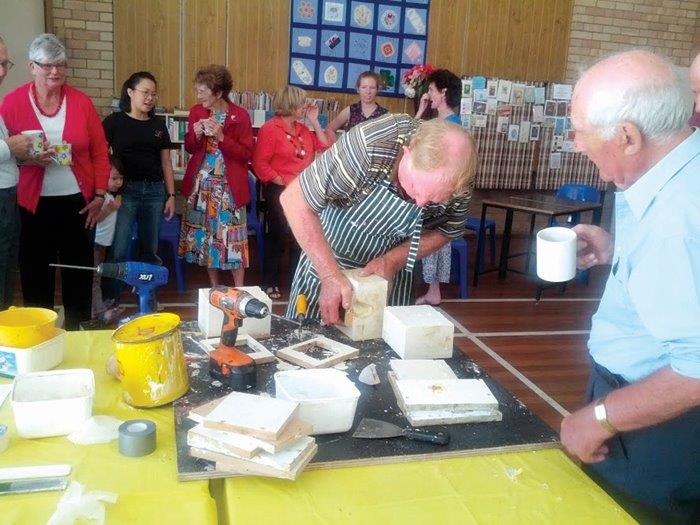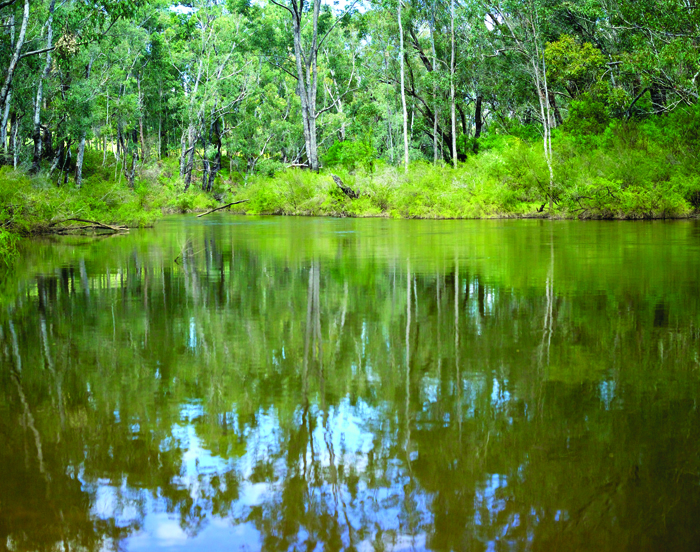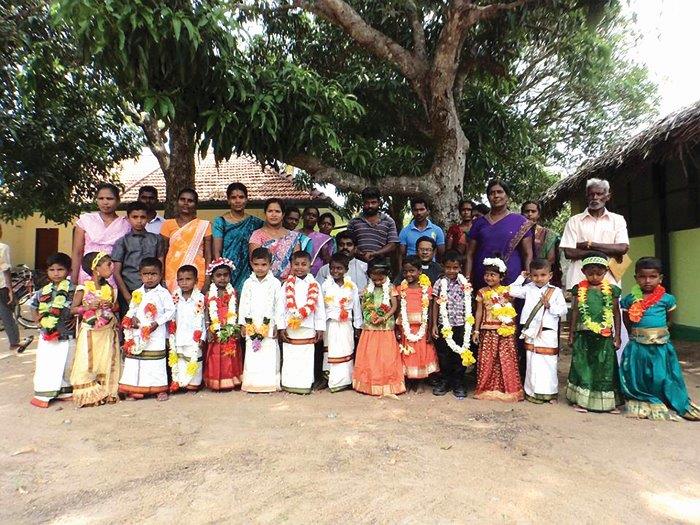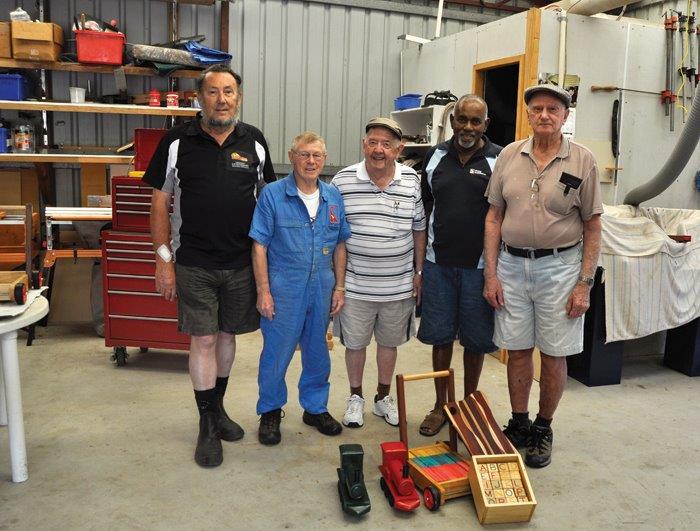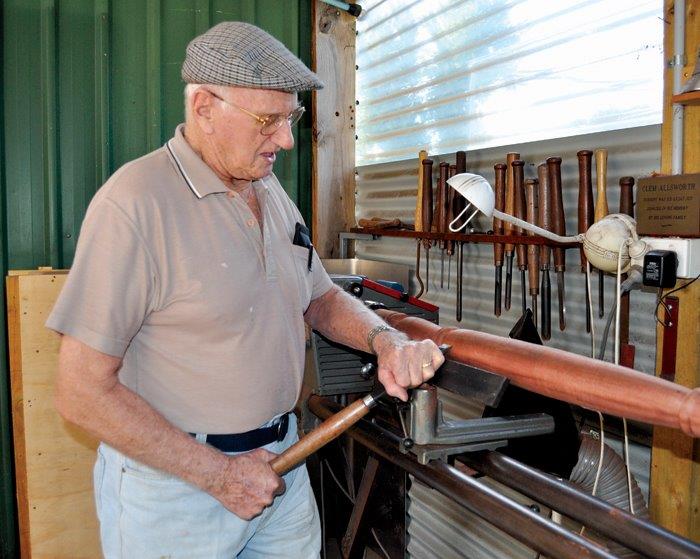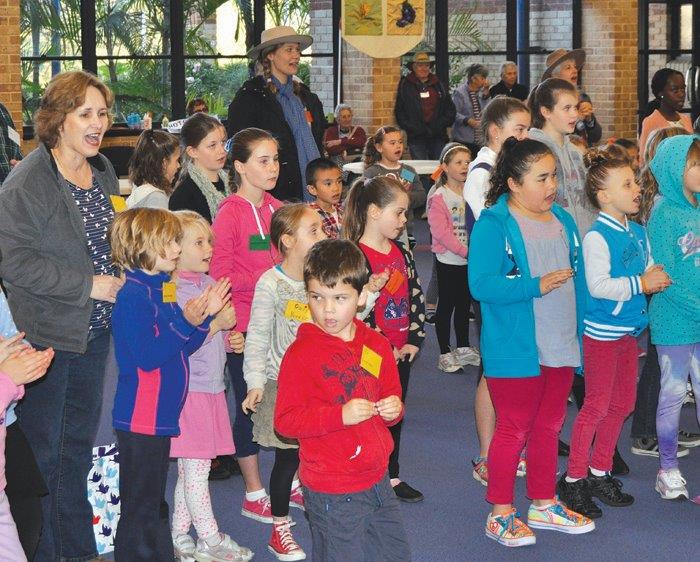Sunday 2 November 2014
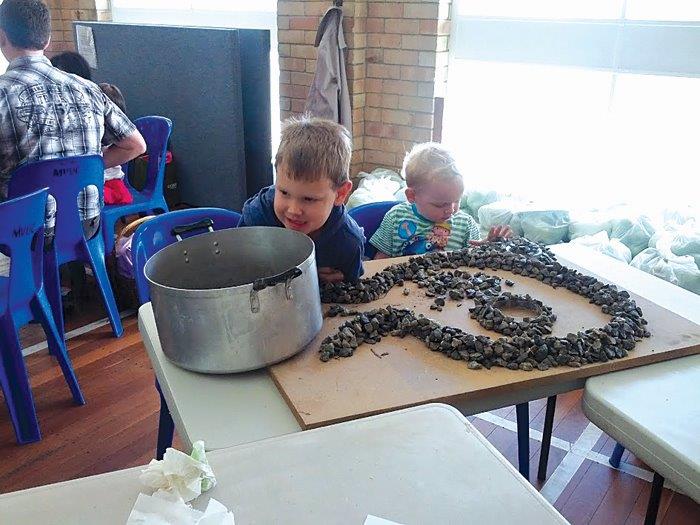 Five people are on the veranda outside Melville Uniting Church hall tie-dying t-shirts. Inside the hall, others are sticking strips of coloured cloth to wooden dolls while another group is painting pictures of stars and wheat. Meanwhile there is deep discussion all around the building about the story of Joseph: about humility, ambition, and favouritism in families.
Five people are on the veranda outside Melville Uniting Church hall tie-dying t-shirts. Inside the hall, others are sticking strips of coloured cloth to wooden dolls while another group is painting pictures of stars and wheat. Meanwhile there is deep discussion all around the building about the story of Joseph: about humility, ambition, and favouritism in families.
This is Craft Church, an all age worship experience where art and craft provide the means for genuine engagement with the scriptures, with each other, and with God.
One Sunday each month at Melville Uniting Church, we don’t sing hymns or hear a sermon. We begin together with prayers and the Bible reading, but then we split into groups to talk about the story as we do our different craft activities (a diversity to suit the different interests and abilities) before joining back again for a big group discussion, a closing prayer and a sending out. The basic elements of worship are still there, but they look a bit different.
So how did this come about? Let’s rewind.
